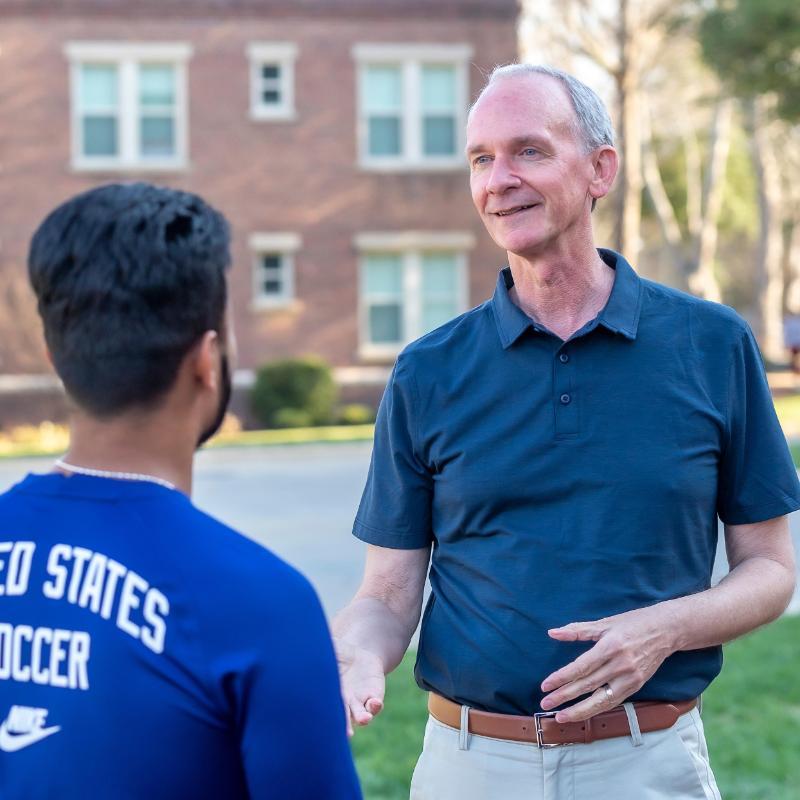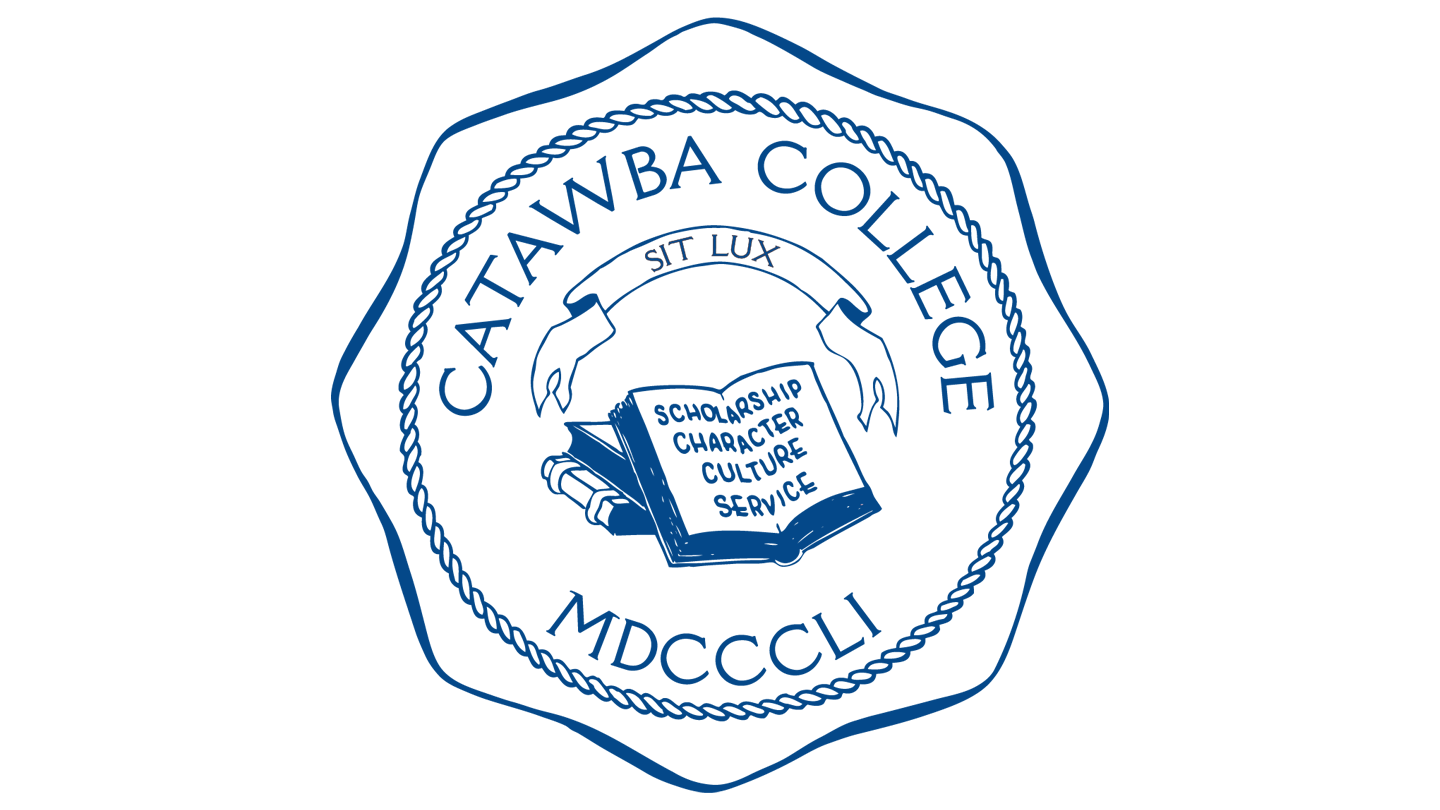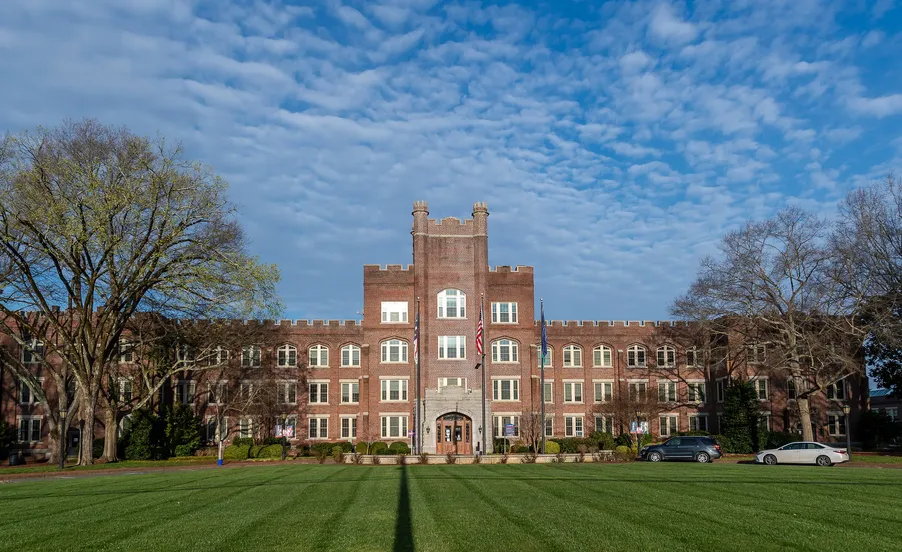
Strategic Plan
A COLLEGE OF OUR OWN
OUR STRATEGIC PLAN for 2023 to 2028
October 2023
Welcome
OUR FUTURE
OUR FUTURE
TEN-YEAR HORIZON
IN 2033, CATAWBA COLLEGE’S
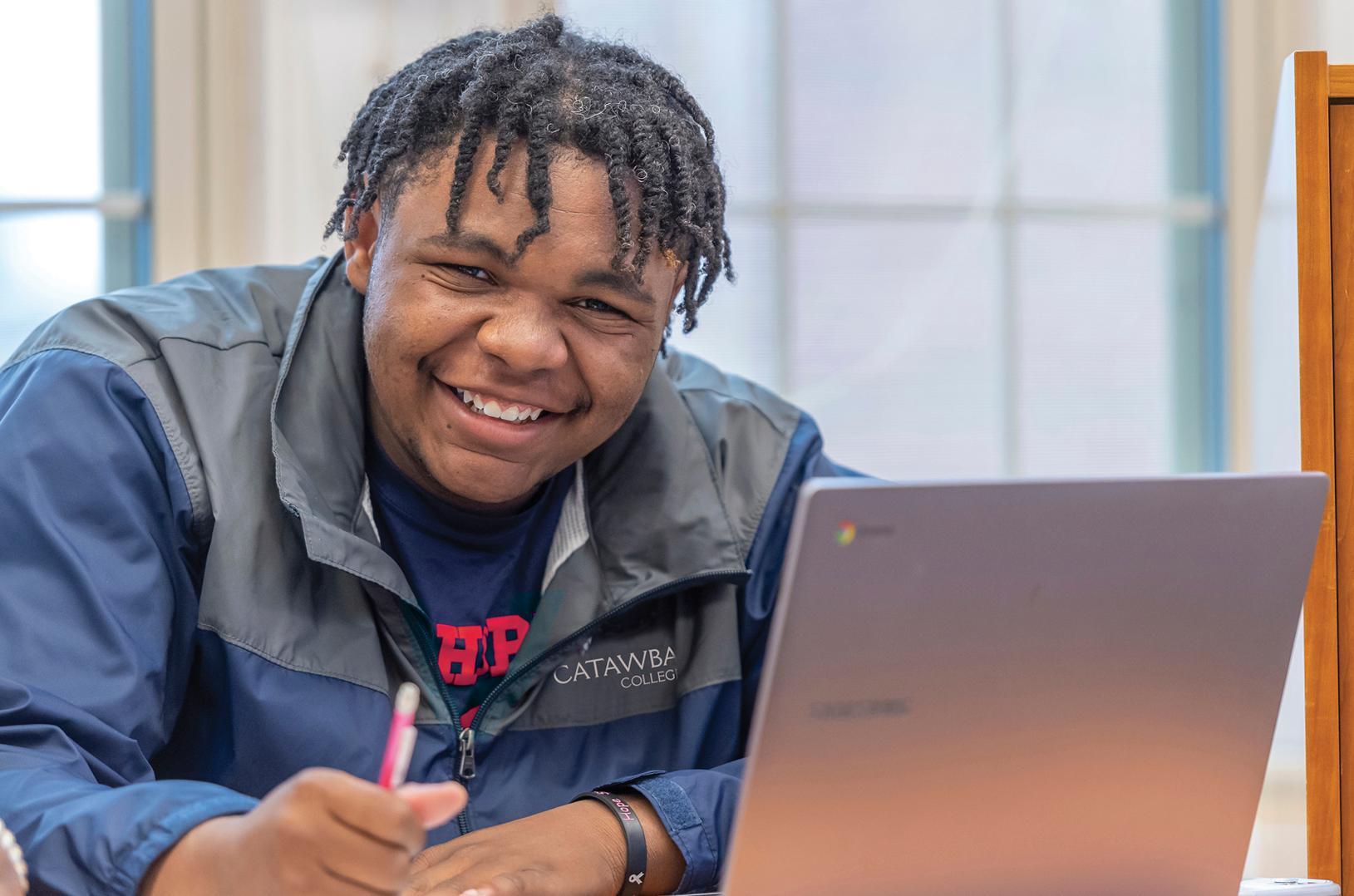
- students come from all walks of life, thrive in their academics and co-curricular activities, and graduate with limited debt.
- graduates have a distinct sense of vocation and use their knowledge, skills, and abilities to enrich the world and address its greatest challenges.
- alumni have a profound sense of institutional pride as they each excel in their chosen fields with ongoing Catawba support while contributing their time, talent, and treasure in support of their community and alma mater.
- faculty and staff lead the learning community in creativity, curiosity, and service.
- culture is marked by belonging and well-being and is recognized as student-ready and noted as a Great College to Work For®.
- campus environment is optimized for creative and collaborative experiences, where people from varied backgrounds, cultures, and perspectives live, learn, work, and play on a campus that is one of the nation’s best for operational sustainability.
- academic programs are exceptional in quality and relevant to the current and future job market.
- co-curricular activities, including athletics and the performing arts, are marked by excellence, and enrich the entire college.
- resources – including the considerable people, space, technology, and funding in our care – are wisely stewarded, the endowment is continually growing, and annual revenues fully support the annual budget.
- reputation is established as a leading small college in the Southeast, a model DII institution, and a national center for environmental sustainability.
- commitment is for continuous improvement, resolving to be better tomorrow than we are today.
OUR STRATEGIC AIMS
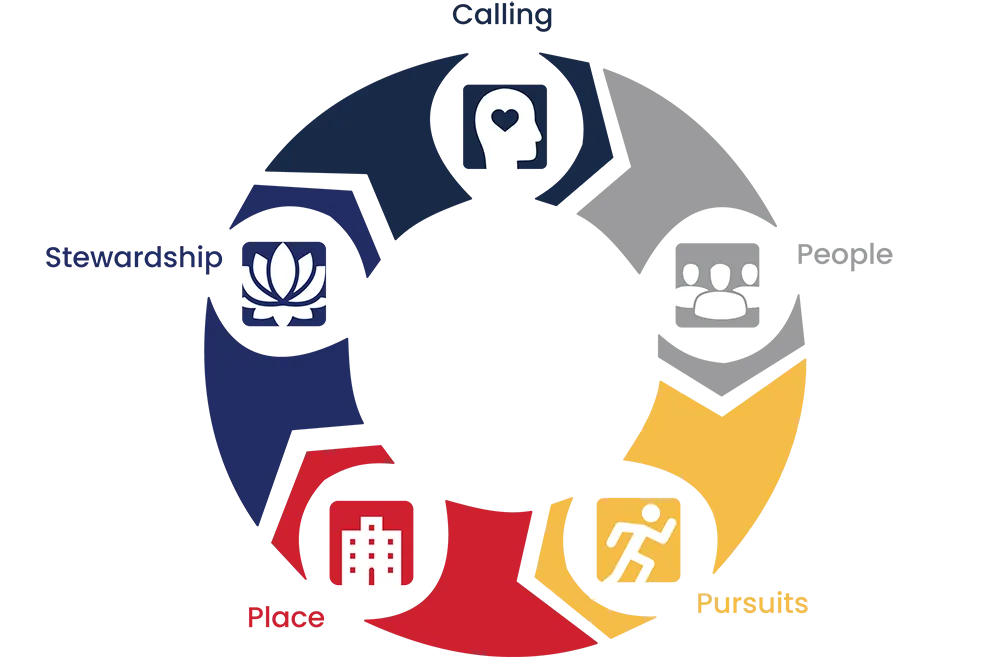
| Our Purposeful CALLING | Our Investment in PEOPLE | Our Distinctive PURSUITS | Our Welcoming PLACE | Our STEWARDSHIP of Resources |
|---|---|---|---|---|
| We pursue our Mission by providing compelling learning experiences that inspire an enduring commitment to creativity, curiosity, service, and leadership. | We cultivate an environment where students, faculty, and staff co-labor in meaningful work in an enjoyable and equitable learning community. | We are a thriving college marked by distinctive pursuits that ground the Catawba Core. | We develop our learning community in an inviting, sustainable environment where all learn, work, live, and play. | We responsibly deploy and enhance institutional resources as we strengthen alumni and donor engagement. |
OUR STRATEGIC PRIORITIES
MAPPING STRATEGY TO ACTION
STRATEGIC PLAN SUCCESS OUTCOMES
MEASURABLE OUTCOMES
OPERATIONAL DEFINITIONS
OPERATIONAL DEFINITIONS
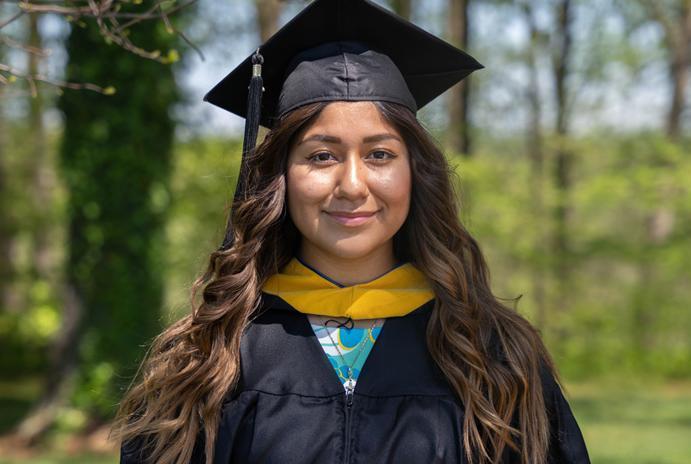
Cascading Strategy: Guides or mini strategic plans each key area will use to identify and implement specific initiatives in support of the overall Catawba College strategic plan.
Goals: A specific accomplishment to be achieved at some point in the future. In a strategic plan, goals are typically set in a 1–5-year period. They should be both measurable and achievable and help work towards the long-term horizon the college hopes to achieve.
Horizon Statement: A clear direction and compelling description of a future state the organization wants to head towards. These statements are generally aspirational and focused on a long-term achievement.
Ideals: Original guiding principles of the college.
Identity Statement: Several sentences that describe who Catawba is; our history, who we serve, what we deliver, and what inspires us each day.
Key Performance Indicators (KPI’s): A very specific measure that is well-defined and provides insight into how an organization is performing on a particular goal. A key performance indicator (KPI) typically measures something significant in a strategic plan.
Measures: A unit-specific description.
Mission Statement: This describes the purpose and ongoing commitment of Catawba College.
Outcomes: This is a description of a desired result of impact of work. Outcomes joined together should help an organization make progress towards their horizon or desired future state.
Priority: An activity or activities that an organization commits to execute as a result of the strategic planning process.
Seal: A formal symbol that has a significance and symbolism to the institution. This generally represents the institution. While a college logo might change over time, a seal typically remains long-term at a college.
Strategic Alignment: A means to increase collaboration within an organization and ensure everyone understand and is focused and committed to working towards the same short and long-term goals.
Value Statement: A specific, memorable phrase that describes
the organization’s ideals and deeply held beliefs that drive our actions. All individuals should understand, reflect, share
appreciation for, and follow the organization’s values.
Acknowledgements
Acknowledgements
STRATEGIC PLAN WORKGROUPS 2022-2023

ADMINISTRATIVE GROUP
- Christine Lynn, Facilitator - Executive Director of Strategic Planning
- Vanna Christian ‘20 - Administrative Assistant, Offices of the President and VPFA
- Kathryn Webb ‘22 - Presidential Fellow
STEERING GROUP
- Constance Rogers-Lowery, Co-Chair - Provost & VP of Academic Affairs
- Earl Givens, Co-Chair - Dean of Learning Resources & Special Assistant to the President
- Nick Brown ‘05 - Head Women’s Soccer Coach
- Michael Frederick ‘05 - Internships & Career Planning Director
- Sara Barbee Kent ‘19 - Facilities Project Manager
- Renee McCachren - Professor of Music
- Savannah Shaver ‘19 - Alumni Engagement Manager
- Regina Simmons - Retention & Persistence Director
- Jodi Bailey, Ex-Officio - Director of Marketing & Communications
SUSTAINABLE RESOURCING GROUP
- Lauren Cox, Co-Chair - VP of Finance & Administration
- Joe Poston, Co-Chair - Professor of Biology -
- Johnathon Boles ‘16 - Associate Director Lilly Center
- Brad Ives - Center for the Environment Director
- Mindy Miller - Assistant VP of Development
- Russell Smyre - Facilities Executive Director
- Joanna Trammell - Associate Professor of Business
- Steffanie West ‘11 - IT Operations Director & Project Manager
EXTERNAL STRATEGIST
- Glen Lloyd ‘06 - CEO/Executive Director of the Epilepsy Foundation of Minnesota (EFMN)
OPERATIONS GROUP
- Forrest Anderson, Co-Chair - Vice Provost
- Cayce Will, Co-Chair - Chief Information Officer
- Holly Bautista - Associate Director Admissions Operations
- Rachel Brejcha - Assistant Professor Clinical Mental Health Counseling
- Jim Gantt ‘89 - Head Baseball Coach
- Jeremiah Nelson - Assistant Professor of Management & MBA/BBA Program Director
- Christie Ward - Deputy Athletic Director
PLAN EXECUTION LEAD
- Jared Tice - Senior Vice President/Chief Strategy Officer
Planning
View the strategic planning process, timeline, and more.
